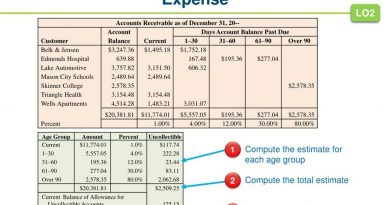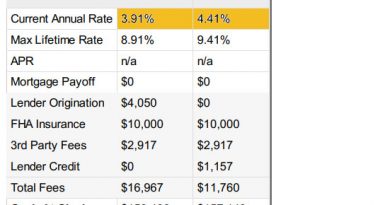Truth in Lending Act TILA Consumer Protections and Disclosures
The Truth in Lending Act (TILA) is a federal law enacted in 1968 to protect consumers in their dealings with lenders and creditors. The TILA requires lenders to disclose important information to borrowers, such as the annual percentage rate (APR), loan term, and total costs. This information must be clearly presented on documents given to borrowers before signing and sometimes on billing statements.
Key Takeaways:
– The TILA protects consumers in their dealings with lenders.
– It applies to most types of consumer credit, from mortgages to credit cards.
– Lenders are required by law to disclose information about their financial products and services to consumers.
– Regulation Z, a part of TILA, prohibits loan originators from being compensated for anything other than the credit extended and from steering clients to unfavorable options for higher compensation.
– TILA regulations enable consumers to make better-informed decisions and terminate unfavorable agreements within limits.
The TILA applies to various types of consumer credit, including closed-end credit like car loans and mortgages, and open-end credit like credit cards. Its purpose is to make it easier for consumers to compare loan options and protect them from unfair practices by lenders. Some states have their own versions of TILA, but the chief feature remains proper disclosure of key information to protect both the consumer and the lender in credit transactions.
The TILA also grants borrowers the right to rescind certain types of loans within a three-day window.
The TILA mandates lenders to disclose specific information about their loans or services. For example, when borrowers request an adjustable-rate mortgage (ARM) application, they must receive information on how their payments could increase under different interest-rate scenarios. The act also prohibits practices such as steering borrowers into loans that benefit the loan officer or charging unreasonable penalty fees on credit cards.
Additionally, the TILA allows borrowers a right of rescission for certain types of loans, giving them a three-day period to reconsider their decision and cancel the loan without loss of funds. This protects borrowers who change their minds or were subjected to high-pressure sales tactics.
The TILA does not govern interest rates or dictate to whom credit can be extended, as long as lenders do not violate anti-discrimination laws. The rule-making authority over TILA was transferred to the Consumer Financial Protection Bureau in 2010.
For civil TILA violations, the statute of limitations is one year, while it is three years for criminal violations.
Regulation Z, which falls under TILA, restricts creditors from compensating loan originators or mortgagees based on terms other than the credit amount. It also prohibits steering customers towards loans that offer greater compensation but no additional benefits to the customer. When consumers compensate the loan originator directly, no other party that knows or should know about the compensation can compensate the loan originator for the same transaction. Creditors who compensate loan originators must keep records for at least two years.
Regulation Z offers a safe harbor when loan originators provide loan options in good faith. These options must include loans with the lowest interest rate and origination fees, as well as loans with the lowest rate for certain provisions. Offers must be procured from lenders with whom the loan originators regularly work.
TILA benefits consumers by helping them make informed credit decisions by providing transparent and understandable information about the costs of borrowing. It protects against deceitful and predatory tactics used by lenders to manipulate customers into one-sided agreements. TILA also grants consumers the right to rescind an agreement within three days if the terms are not satisfactory. This act applies to most types of consumer credit, including auto loans, mortgages, and credit cards.
TILA requires creditors and lenders to disclose certain terms, limitations, and provisions to borrowers before issuing credit or a loan. This includes the APR, loan duration, and total costs.
TILA violations include inaccurate disclosure of APR and finance charges, misapplication of interest factors, penalty fees exceeding TILA limits, and failure to allow borrowers to rescind within the prescribed time.
In conclusion, the Truth in Lending Act (TILA) was established in 1968 to protect consumers from unfair and predatory lending practices. It requires lenders and creditors to provide clear and visible information about credit to borrowers. TILA also prohibits self-seeking actions by creditors and loan originators. Consumers have the opportunity to rescind agreements within specific time frames for certain loan transactions. This act serves to protect both consumers and lenders who act in good faith.



